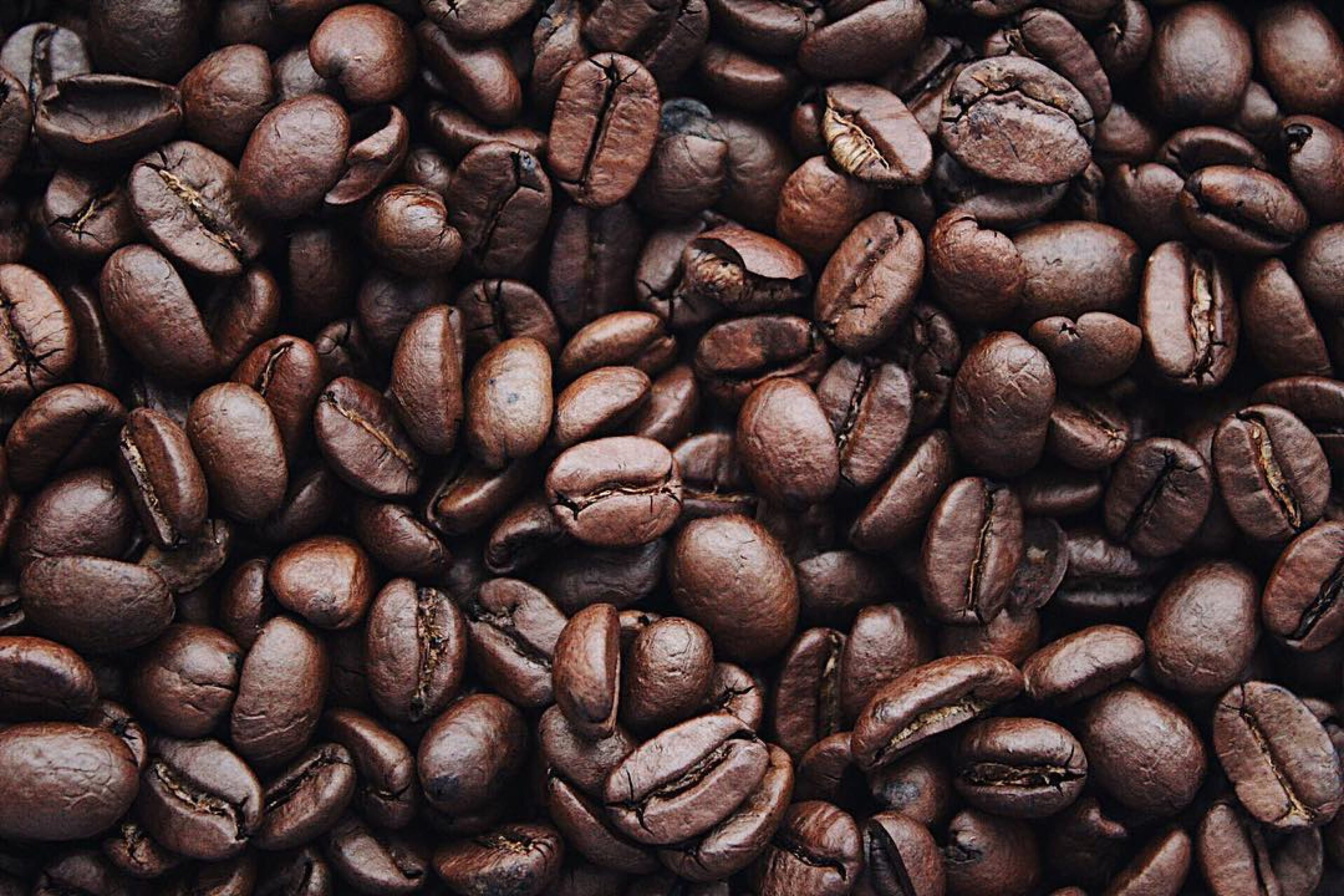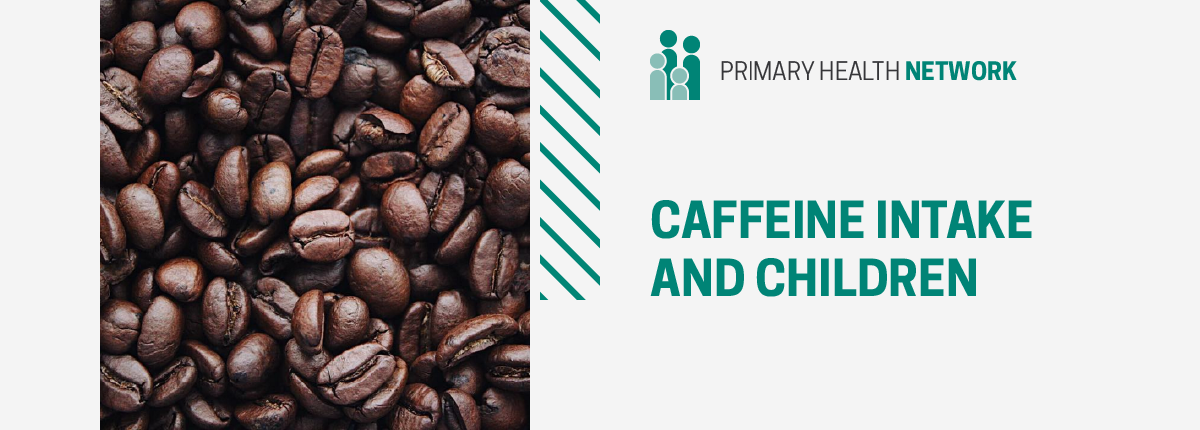
There is no amount of caffeine that is safe for anyone under the age of 12. But children are particularly exposed to the effects of caffeine. Due to their lack of maturity and self-control, children and teenagers are more likely to experience side effects because they are less likely to know when they have consumed too much. It is known that caffeine can cause:
- Abnormal heart rhythm.
- Anxiety.
- Dehydration.
- Headaches.
- High blood pressure.
- Moodiness.
- Restlessness or jumpiness.
- Sleep disruptions.
Have you ever heard someone say that they only drink decaf later in the day? It’s most likely because they have problems falling asleep after consuming caffeine in the late afternoon. Having difficulties falling asleep, waking up frequently, and sleeping for shorter stretches of time might all be symptoms. Caffeine is especially dangerous for young people who are still growing and developing because sleep disruptions are linked to a variety of health issues in both children and adults.
Other concerns associated with a lack of sleep include:
- Trouble in school.
- Decreased social skills.
- Interpersonal conflicts.
- Worsening health problems.
Caffeine consumption is often linked to issues with mental health. Your central nervous system is stimulated, which makes you feel more alert and energetic. But too much caffeine can have negative effects, and kids are especially susceptible to the anxiety-inducing effects of caffeine. According to studies, children who consume large amounts of caffeine—such as what is found in energy drinks—are more likely to experience stress, despair, and anxiety.
Caffeine has the potential for addiction. Any adult who has attempted to give up their daily latte understands that giving up a caffeine habit is difficult. The reason for this is that, at the end of the day, caffeine is a stimulant, and stopping it might make you jittery, irritable, and have headaches.
There is no level of caffeine that has been shown to be safe for children under the age of 12 in this world. The recommended daily limit for teens is 100 milligrams of caffeine, which is equal to one cup of coffee or two cans of soda. In terms of energy drinks? Simply deny them. The amount of caffeine in them is unknown because they are not governed by the U.S. Food and Drug Administration (FDA), which can be harmful for both children and adults.
